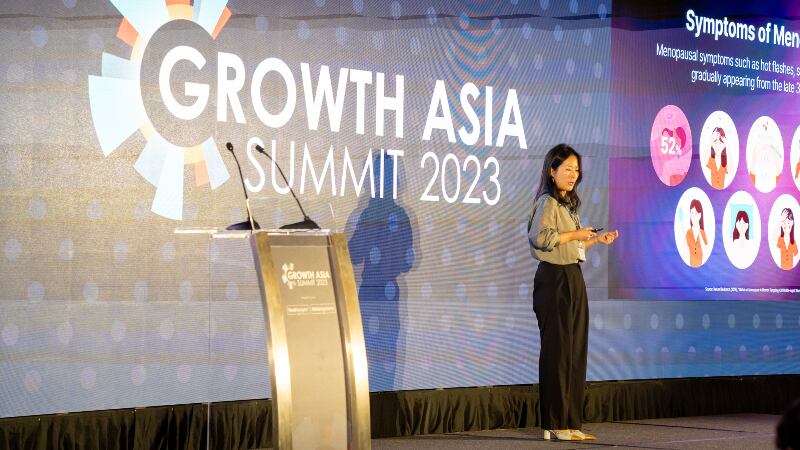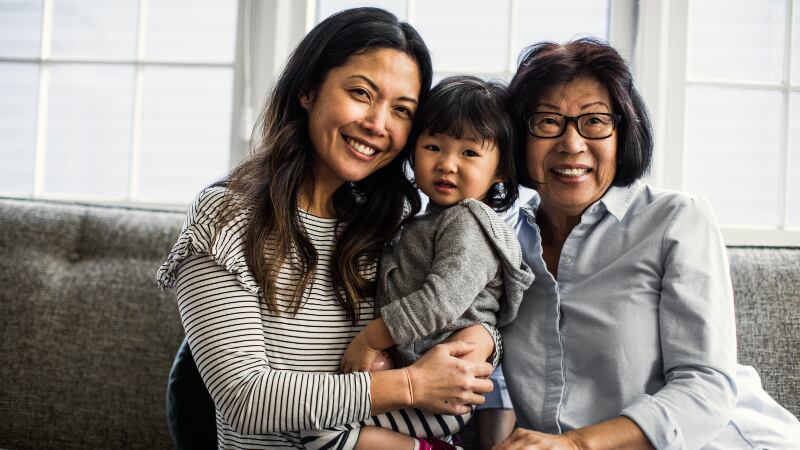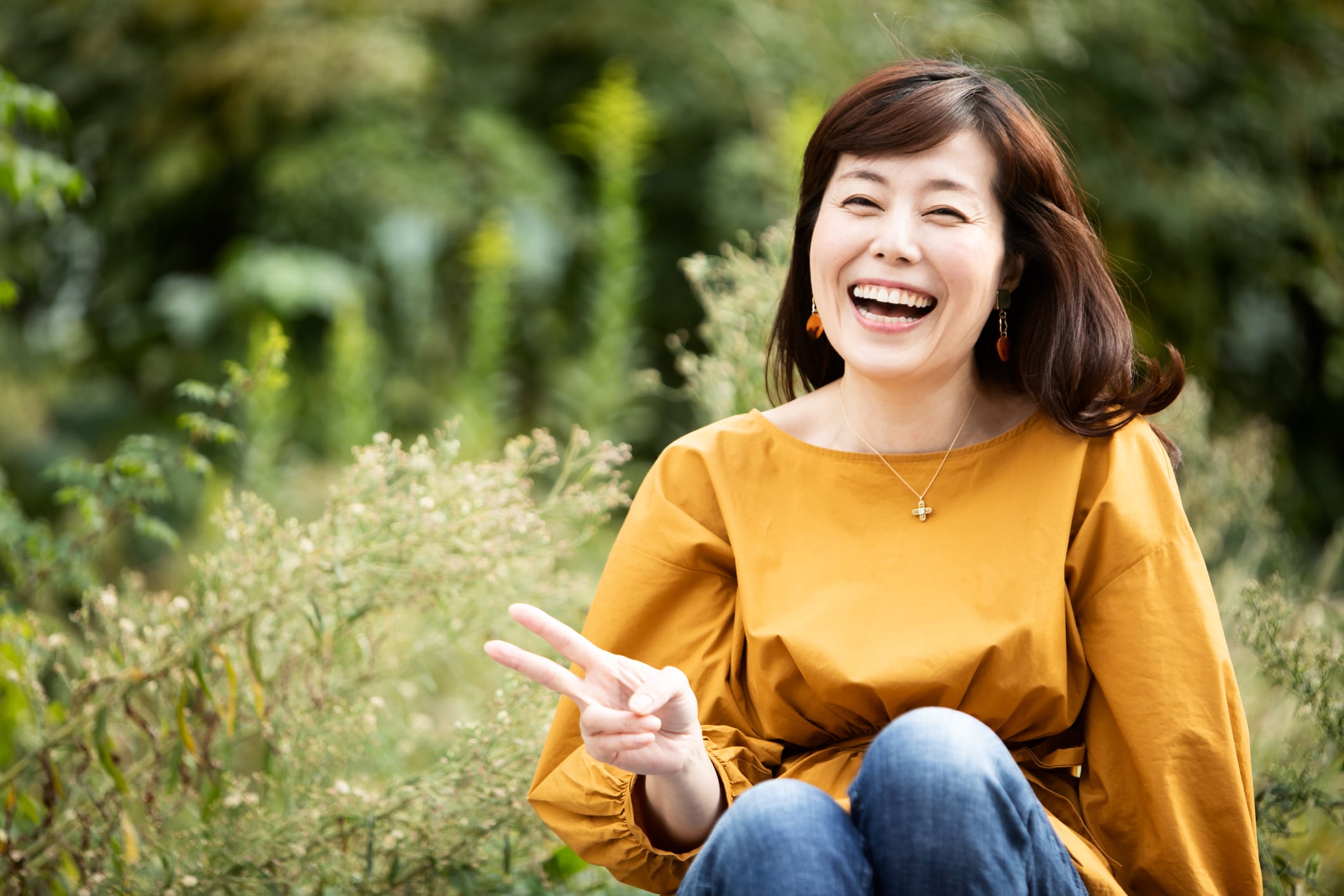South Korea’s menopause market has grown more than 160 times over the past decade, from US$5.6m in 2011 to over US$900m in 2021, according to Mia Kim, Lead of Global Business Development at Yuhan Care.
“The impressive market growth is mainly attributed to increasing senior populations and the enhancement of women’s social status. In South Korea where birth rate is low, the society is ageing faster than many other countries, and we see a substantial surge in the wellness market targeting middle-aged women,” Kim shared at the recent Growth Asia Summit.
While there is a rising number of products aimed at easing menopausal symptoms, shifting consumer perceptions remains the biggest challenge because many Korean women still think of menopause as the end of their femininity, leading them to silently endure the changes in their body.
“Despite the high growth rate, only 39% of Korean women feel comfortable discussing about menopause even with their friends, based on research done in 2022. Globally, there is also notable lack of knowledge about menopause. This data is both concerning and promising, as it shows that there is still untapped market potential.”
In 2016, 23% of women responded in a study that they were consuming health functional foods for menopausal symptoms. The number rose to 39% in 2018, signifying further room for growth.
“Menopause isn’t just our mothers’ concern, or something that will happen in the distant future. It is a challenge that over 80% of women from the age of 35 experience and continue to navigate for the next decades of their lives. When we start talking about these issues in the open, new market opportunities will definitely emerge.
“We anticipate countries in East Asia such as Japan and China, as well as part of South East Asia like Singapore to hold significant potential because they are undergoing the same ageing trends as Korea.”
The search for safe solutions
Based on 2022 data from Korea’s Ministry of Food and Drug Safety (MFDS), phytocomplex (a mixture of plant extracts) was the most preferred and most consumed ingredient for menopausal symptoms.
Additionally, product efficacy, trustworthiness and safety were key factors that influenced purchasing decisions, while the most preferred dosage form was soft gel capsule, followed by ampoule (liquid), tablet and jelly.
Prior to a report by the US’s National Institutes of Health in 2002, hormone replacement therapy (HRT) was the standard treatment for menopause. The report, which indicated that HRT could increase the risk of breast cancer, cardiovascular disease and stroke, led many women in Korea who were undergoing the treatment to discontinue it.
Subsequently, phytoestrogens gained prominence as an alternative approach.
Phytoestrogens are plant compounds that have a similar molecular structure as natural oestrogens. Although they were claimed to be free from side effects, a 2021 paper published by Korean gynaecologists highlighted the potential negative impact of phytoestrogens.
The paper discovered that among phytoestrogens being marketed in Korea as menopause symptoms-improving ingredients, such as black cohosh, soy isoflavone, pomegranate, rhubarb, all but one interact with proteins in the body known as oestrogen receptors.
“These interactions stimulate the production of oestrogen hormones, resulting in some relief from menopausal symptoms. However, it is important to note that estrogen receptors also exist in cancer cells in the body. So, if a woman consumes phytoestrogens that bind to the oestrogen receptors, it might increase the risk of inducing female cancers.”
In the study, the only ingredient that did not bind to oestrogen receptors is called Baeksuo (Cynanchum wilfordii Hemsley).
The Baeksuo complex, a combination of Baeksuo with two other herbs (Angelica gigas Nakai and Phlomis umbrosa Turzaninow), is a patented ingredient that has been proven in numerous clinical trials to safely and effectively alleviate various menopausal symptoms, including hot flashes, night sweats, insomnia, fatigue, vaginal dryness, vertigo, and rheumatic pain.
“Studies have shown that Baeksuo complex maintains a consistently stable level of oestrogen activity after administration. This implies that it is possible to improve menopausal symptoms without triggering oestrogen activity or causing hormonal disruptions.”
Empowering women
Baeksuo complex comes in powder texture, and can be applied in tablet, soft gel capsule, liquid, jelly, and gummy formats.
Yuhan Care’s nutrition brand for women, ESTRITION, incorporates the ingredient in a range of single-function and multifunctional products to cater to the diverse needs of menopausal woman in the pre-, peri- and postmenopausal stages.
These products not only address menopausal symptoms, but also tackle other physical challenges due to ageing and hormonal decline, such as bone and joint health, vision, skin, memory, and blood circulation.
“The quality and effectiveness of Baeksuo is greatly influenced by the authenticity of raw materials. Yuhan Care follows an extensive 30-step farm-to-finished product verification process, which includes multiple DNA testings. We have also expanded our proprietary functional ingredients for categories such as immunity, gum health, and weight management,” Kim said.
In pursuit of its mission to empower women to care for themselves, the firm has identified several hurdles it must first overcome.
“Despite the side effects, there are more affordable options, such as soy isoflavone, pomegranate and rhubarb, which make us less competitive. It is an ongoing challenge that requires continuous consumer education and effective marketing strategies.”
As the components of Baeksuo complex are deeply rooted in ancient traditional medicine, the ingredient is classified under the traditional Chinese medicine (TCM) category in many countries, including Indonesia, Malaysia, China, and Japan.
“This presents another set of challenges in terms of regulatory approval as a health functional food. But given the potential market size, it’s a hurdle we must cross through collaboration with our local partners, like how we are doing in Malaysia and Singapore,” Kim concluded.





